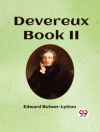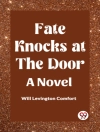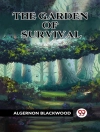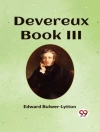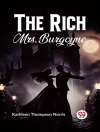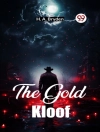Mr. Chesterton is such a past-master in sophistries and casuistry, such a juggler of paradoxes, such an adept in the arts whereby the brilliant and quick-witted pull the wool over the eyes of their less gifted brethren, that he can give full and serious credibility to his tale of the astounding adventures of the detective who was admitted into the innermost circle of anarchists. It is the poetic anarchist, with hair like a Madonna’s and the face of a prize-fighter, who tries (unsuccessfully) to become Thursday.
关于作者
English journalist and author, who came of a family of estate-agents, was born in London on the 29th of May 1874. He was educated at St Paul’s school, which he left in 1891 with the idea of studying art. But his natural bent was literary, and he devoted himself mainly to cultivating that means of expression, both in prose and verse; he did occasional reviewing, and had some experience in a publisher’s office. In 1900, having already produced a volume of clever poems, The Wild Knight, he definitely took to journalism as a career, and became a regular contributor of signed articles to the Liberal journals, the Speaker and Daily News. He established himself from the first as a writer with a distinct personality, combative to a swashbuckling degree, unconventional and dogmatic; and the republication of much of his work in a series of volumes (e.g. Twelve Types, Heretics, Orthodoxy), characterized by much acuteness of criticism, a pungent style, and the capacity of laying down the law with unflagging impetuosity and humour, enhanced his reputation. His powers as a writer are best shown in his studies of Browning (in the ‘English Men of Letters ‘ series) and of Dickens; but these were only rather more ambitious essays among a medley of characteristic utterances, ranging from fiction (including The Napoleon of Notting Hill) to fugitive verse, and from artistic criticism to discussions of ethics and religion.


